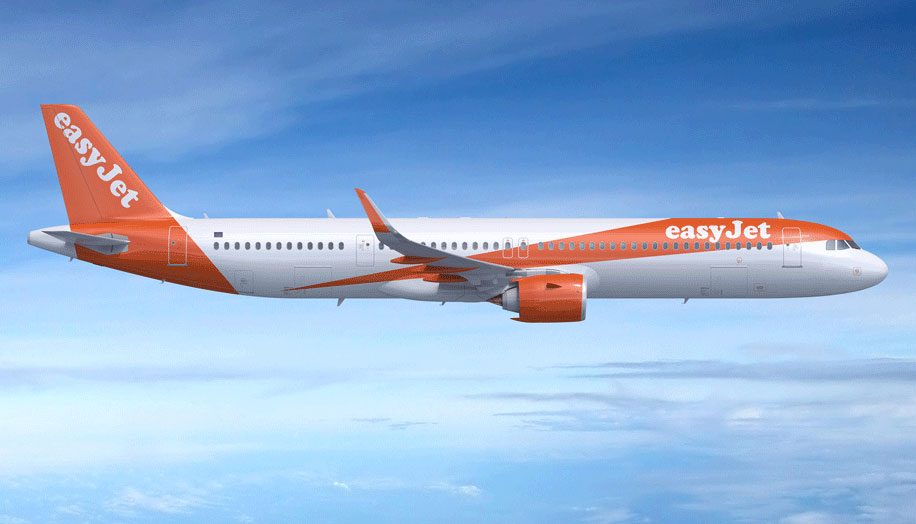
Easyjet has announced it will attempt to offset the carbon emissions from the fuel used on all its domestic and international flights.
Responding to the growing ‘flight shame’ movement, the low-cost carrier said it believed “flying is important” but that it must be balanced “with the effect we know it’s having on the planet”.
The sustainability measures it has announced include ramping up use of carbon offsetting schemes and various short- and long-term measures to reduce emissions.
The cost of offsets will not be passed onto the passenger, Easyjet said, while schemes will be accredited by Gold Standard or Verified Carbon Standard, though it did not say which specific offsetting companies it would work with.
Examples of programmes will include reforestation and the prevention of deforestation, investment in renewable energies and working with communities to reduce their emissions, which often includes the distribution of more fuel-efficient or solar-powered stoves.
Such schemes are sometimes criticised as an excuse to keep polluting while failing to truly offset the environmental harm caused by activities such as flying.
Easyjet commented: “We know that carbon offsetting is only an interim measure while new technologies are developed. However, at the moment we believe it’s the best way to remove carbon from the atmosphere.”
It is expected to cost Easyjet £25 million over the next year.
The Financial Times reported this would work out at £2.87 per tonne of carbon dioxide, while the EU Emission Trading System prices CO2 at about €24 (£21) per tonne for 2020.
Easyjet this week posted a 26 per cent fall in pre-tax profit to £427 million for the year to September 30, though revenue rose 8.3 per cent to £6.4 billion and passenger numbers increased 8.6 per cent to 96 million. Revenue per seat fell to £60.81, with the airline making £4.07 per seat before tax.
Customers are increasingly given the option to pay extra to offset the cost of their flights, while Lufthansa has launched a programme that allows passengers to contribute to the purchase of sustainable jet fuels.
British Airways has said it will offset carbon emissions from all of its UK domestic flights from next year.
Easyjet said it will also look to make each flight more efficient through single-engine taxiing, using climbing, descent and landing techniques that reduce fuel burn, reducing weight on aircraft and reducing the amount of single-use plastics on flights.
Today it signed an agreement with Airbus to conduct joint-research into hybrid and electric aircraft.
“Environmental performance is a top-level priority for Airbus, and we are proud to have easyJet on board as a partner for our hybrid and electric aircraft research,” said Guillaume Faury, Airbus Chief Executive Officer.
“Airbus is committed to meeting aviation’s decarbonisation objectives.
“By focusing our research efforts on hybrid and electric propulsion technologies, we are doing just that – playing a leading role, alongside our customers, in the development of clean and safe technologies for the sustainable future of our industry.”
What do you think about carbon offsetting in aviation? Join the discussion on our forum.












